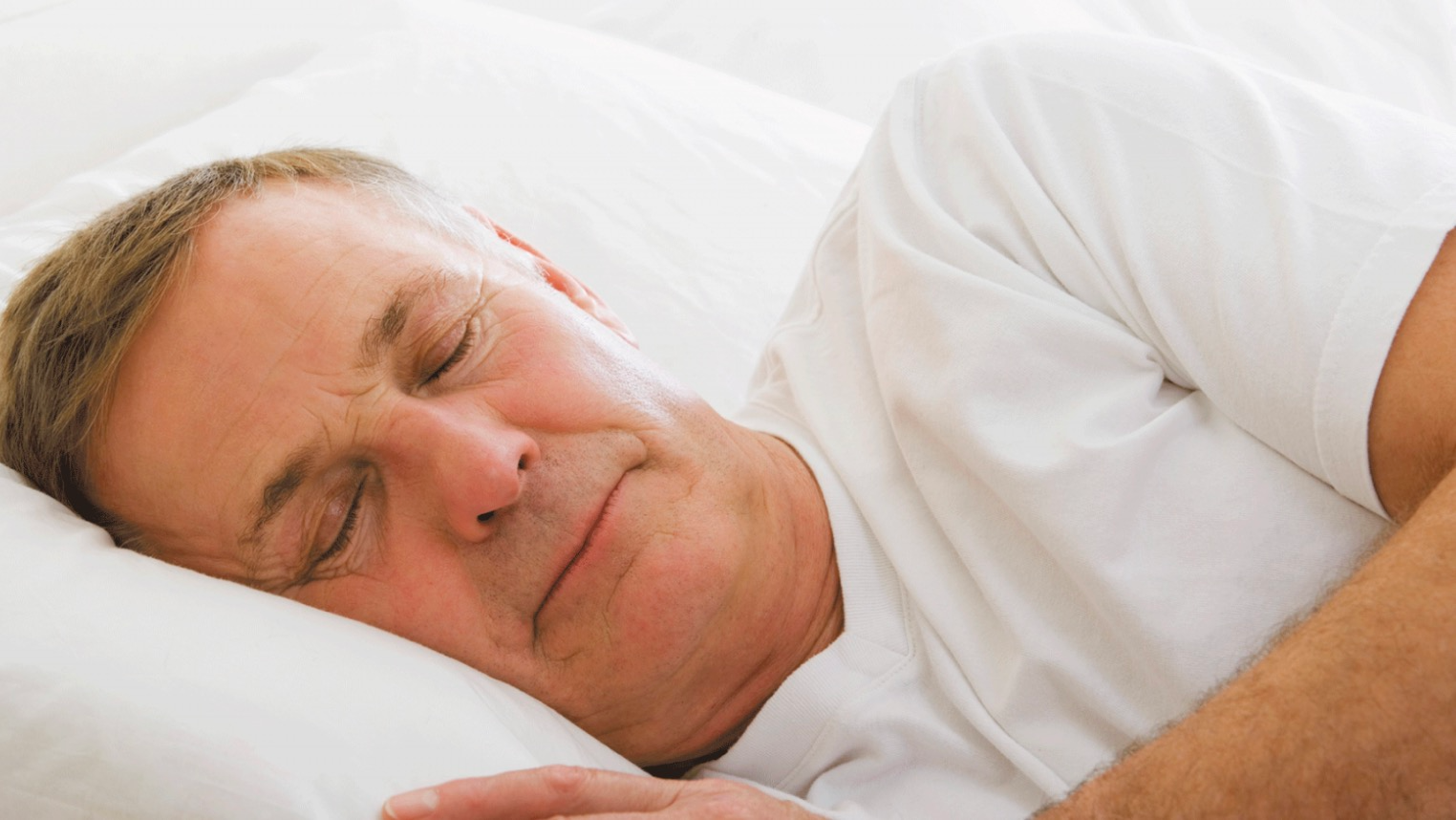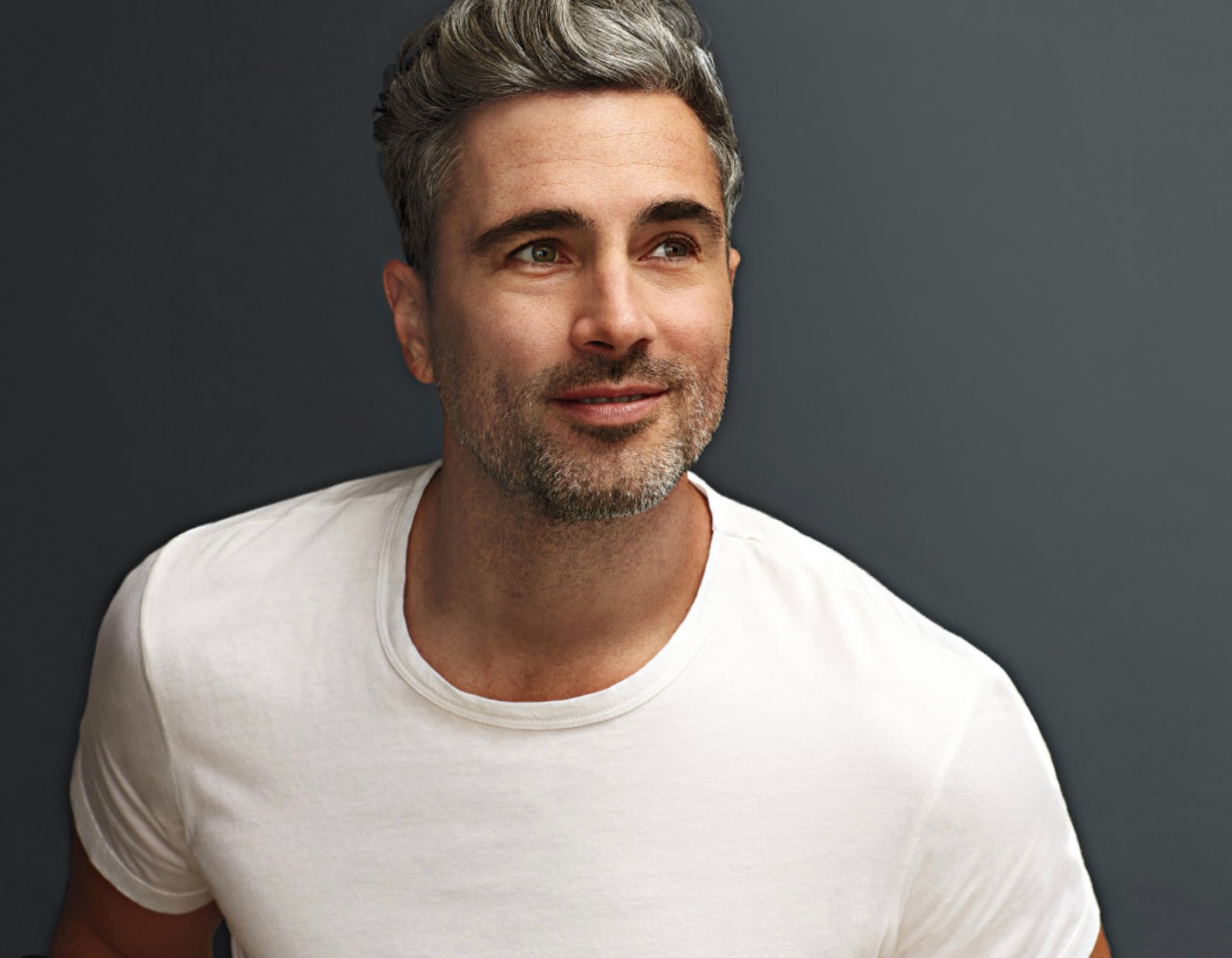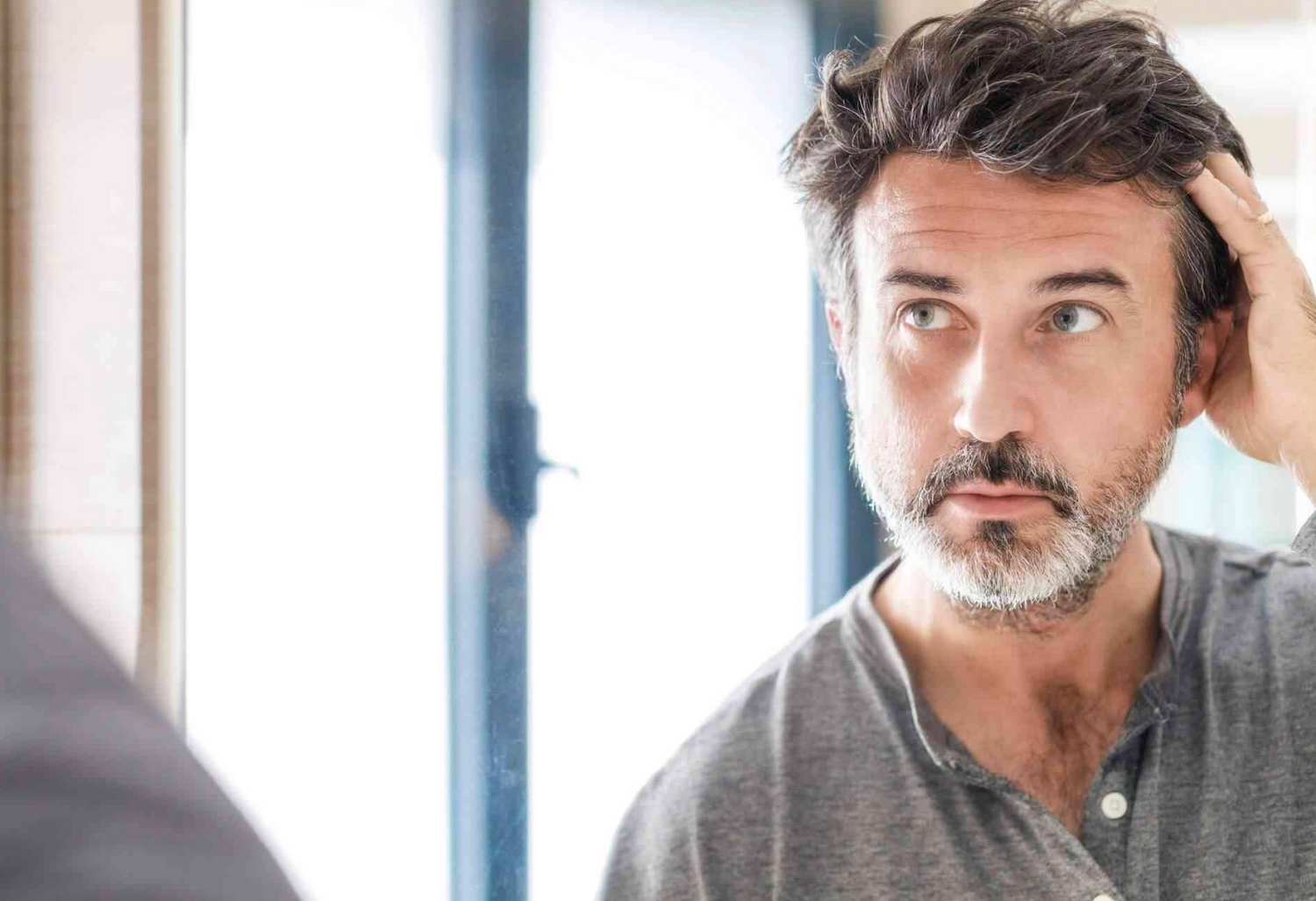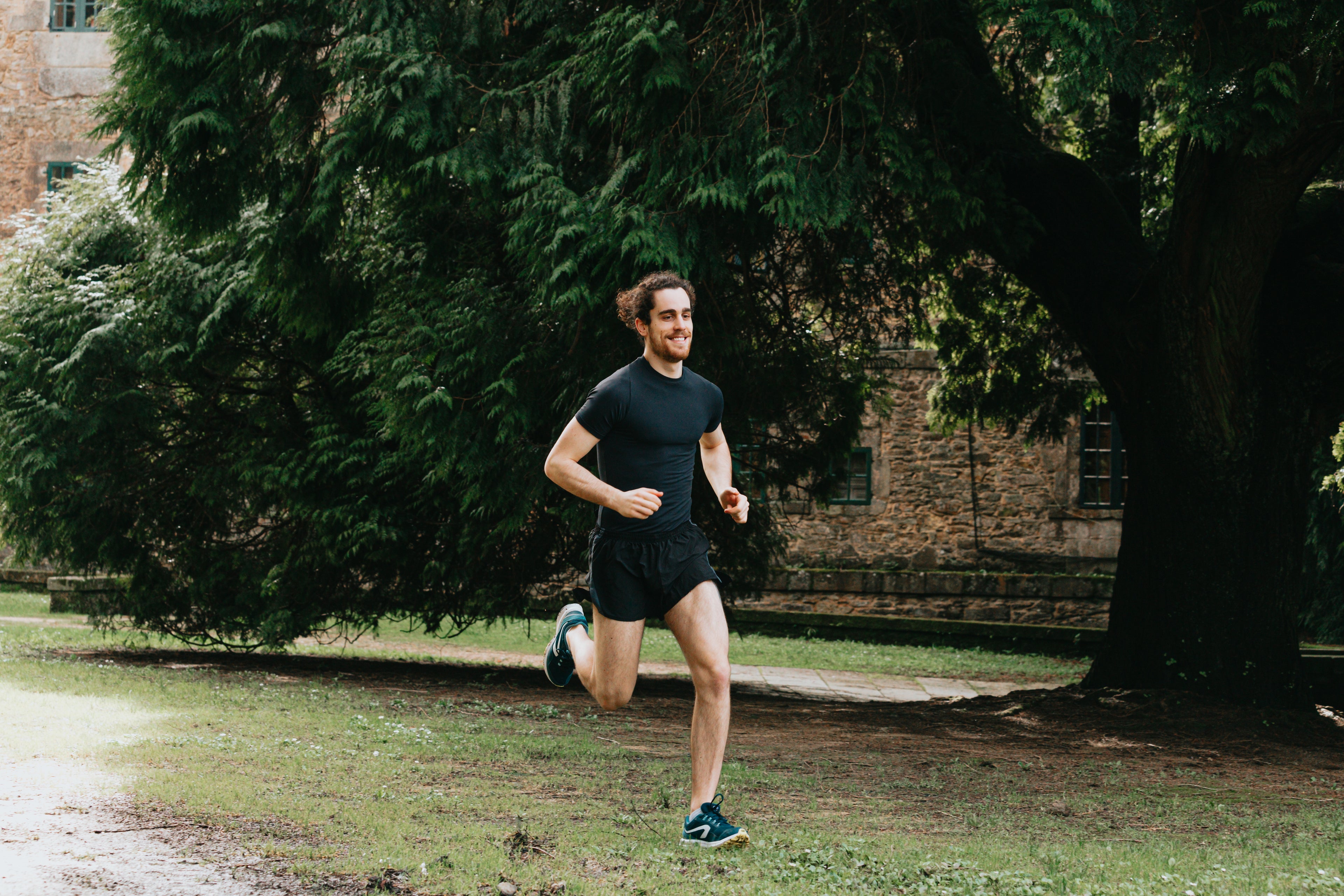
The Power of Sleep: The Ultimate Performance Aid
There is solid scientific evidence to support the idea that deep, restorative sleep plays a critical role in cellular regeneration and hormonal balance, both of which are essential for maintaining youthfulness and preventing signs of ageing.
The Magic of Sleep
-

Cellular Regeneration
During deep sleep, the body goes through crucial phases of repair, particularly during stages 3 and 4 (slow-wave sleep), which is essential for cellular regeneration.
A study published in The Journal of Clinical Investigation highlighted how deep sleep enhances the release of growth hormone, which is necessary for cell repair and regeneration in muscles and tissues, helping to maintain a youthful appearance.
-

Hormonal Balance
Sleep is fundamental to balancing hormones such as cortisol, melatonin, and growth hormone. Disruptions in sleep lead to hormonal imbalances, contributing to ageing.
A study published in PLOS Biology highlighted that sleep deprivation accelerates cellular ageing due to increased oxidative stress and impaired mitochondrial function. This can result in premature signs of ageing such as wrinkles, decreased skin elasticity, and reduced energy levels.
-

Melatonin and Ageing
Melatonin, a hormone produced during sleep, acts as an antioxidant, neutralising harmful free radicals that can accelerate the ageing process.
A study in Oxidative Medicine and Cellular Longevity demonstrated how melatonin helps protect cells from oxidative damage, thus playing a role in slowing the ageing process.
By enhancing deep sleep, you're promoting the body's natural ability to regenerate cells and balance hormones
Both are key factors in maintaining a youthful, energetic body. This science underpins the mission of Two Nutra Bros to unlock the secret to a younger, more energetic you through the power of sleep.

Cellular Regeneration and Sleep
Growth Hormone Release During Sleep
During deep (slow-wave) sleep, the body releases significant amounts of growth hormone, which plays a vital role in cellular repair and regeneration. A study published in The Journal of Clinical Investigation demonstrated that growth hormone is primarily secreted during sleep, aiding in tissue repair, muscle growth, and regeneration.
Study: "Growth Hormone and the Sleep Stages in Young and Aged Men"
The findings show that deep sleep triggers growth hormone release, which is key to tissue and muscle repair, contributing to a youthful and healthy body

Sleep and DNA Repair
Sleep as a Factor in Longevity of Life
A 2015 study published in Nature Communications suggests that sleep is essential for the maintenance of genomic stability and DNA repair.
The research demonstrated that deep sleep promotes chromatin dynamics and DNA repair mechanisms, which are critical for cellular regeneration and longevity.
Study: "Circadian control of chromatin dynamics regulates DNA damage response"
Read here
This shows how the body’s restorative functions during sleep help maintain cellular health and prevent premature ageing caused by DNA damage.

Hormonal Balance and Ageing
Cortisol and Sleep Deprivation
Sleep disruption can lead to elevated cortisol levels, a stress hormone that accelerates aging and promotes inflammation.
A study published in The Journal of Endocrinology revealed how sleep deprivation negatively affects cortisol rhythm, which can lead to insulin resistance, weight gain, and accelerated ageing.
Study: "Sleep Deprivation’s Effect on Cortisol Secretion in Older Adults"
Maintaining a balanced cortisol rhythm via quality sleep can contribute to longevity and a youthful appearance.

Melatonin’s Role in Anti-Ageing:
Melatonin is more than a sleep regulator
Melatonin acts as a potent antioxidant that neutralises free radicals, protecting cells from oxidative damage. A study in Oxidative Medicine and Cellular Longevity discussed the anti-aging properties of melatonin and how it plays a role in cellular protection and mitochondrial health.
Study: "Melatonin as an Anti-Aging Agent"
Melatonin helps defend against cellular damage, slowing down the ageing process.

General Impact of Sleep on Youthfulness
Sleep, Inflammation, and Ageing
Poor sleep is associated with increased inflammation, which is a known factor in ageing and age-related diseases.
A 2018 review in Frontiers in Aging Neuroscience discussed how lack of restorative sleep elevates pro-inflammatory cytokines, accelerating the aging process and contributing to cognitive decline.
Review: "Sleep and Aging: The Next Frontier in Sleep Medicine"
Restorative sleep helps reduce inflammation, a crucial element for maintaining youthfulness.

Oxidative Stress and Mitochondrial Function
Restoring Sleep Aids in Mitigating Oxidative Stress
A 2014 study in Molecular Psychiatry explored how sleep deprivation leads to increased oxidative stress and impaired mitochondrial function, both of which contribute to the ageing process.
Study: "Oxidative Stress and Sleep Deprivation: The Role of Mitochondrial Dysfunction"
Read here

Come Join us
Together with our community we aim to create the ultimate natural sleep supplement for men of all ages, for athletes, for office workers we believe every man has the right to feel their very best.



